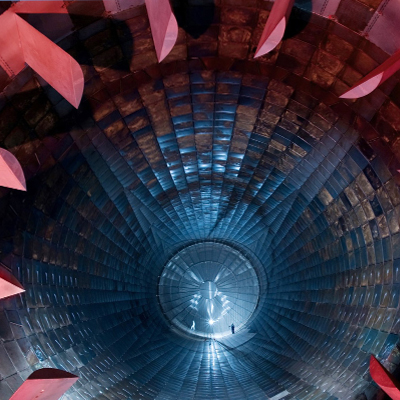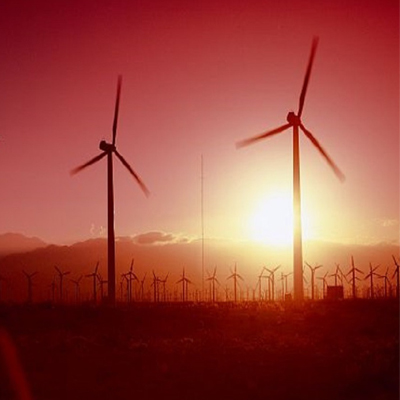At a glance
- DatesOct 2017-Sep 2020
- SponsorBiomass and Fossil Fuel Research Alliance (BF2RA)
- Funded£40,000
- PartnersBF2RA members
Increasing the share of variable renewable energy resources requires the need for cost-effective and reliable energy storage to balance the production and demand for electricity to stabilise the grid.
The development of the new cycles requires solutions to the coupled challenges of fundamental technology development and systems engineering. This project will address the application and integration of these cycles for a variety of high-temperature heat sources to increase efficiency and the reduction of plant cycling, thus improving the life and reliability of existing power generation assets.
The technology is based on supercritical CO2, with molten salt/other liquid chemical heat storage for charging and discharging cycles. This method can be beneficially applied to centralised or distributed power and heat applications, as well as being attractive and efficient for new-build power plants.
This project has the following objectives:
- To investigate the inherent efficiencies of S-CO2 power cycles and associated heat storage options, and to define the operational and engineering constraints, to help identify cost-effective options;
- To design integrated solutions with heat storage/S-CO2 turbine generation with existing sub-critical coal/CCGT - to even out operating cycles, thus extending life, and increase overall efficiency to provide an economic basis for their continued operation;
- To develop thermodynamic process models to allow the analysis of the selected cycles and their integration into existing plant designs and to provide the basis for a technology readiness assessment of the concepts and their ease of deployment and operability in service.

